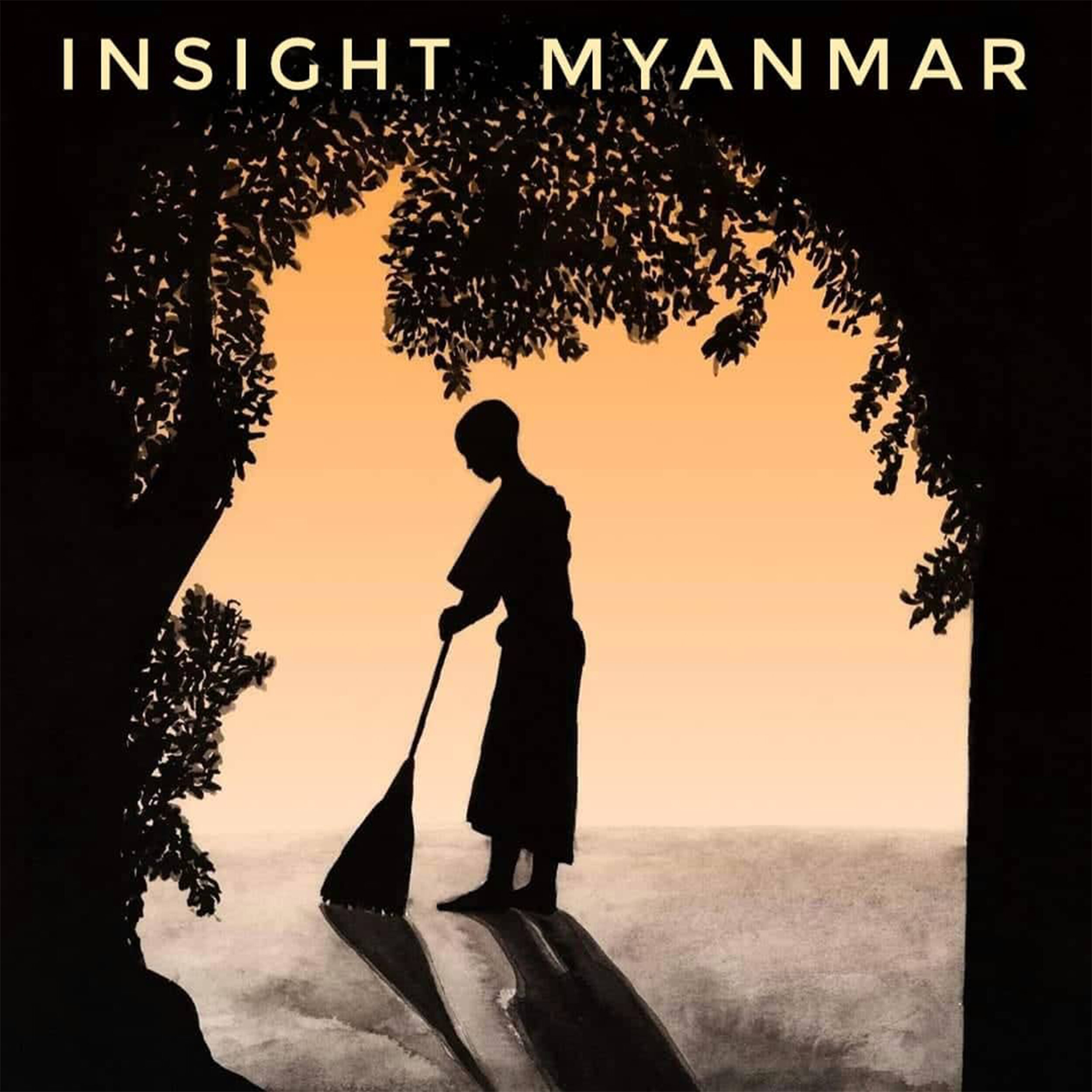Our Top Ten Episodes with Authors
Our platform has featured conversations with dozens of authors, discussing their books in depth during our episodes. If you’re the type of listener who likes to curl up with a good book and then listen to the author break it down, look no further than these ten episodes, which are the most listened-to shows we’ve done with authors.
10. I Fought the Law (and the Law Won): Kristina Simion's research on Myanmar during the 2010s highlights the optimism and challenges faced during that period, characterized by foreign interest, donor agencies, and the struggle for democratization, which laid the groundwork for the 2021 coup, while also emphasizing the importance of "access to justice" over the "rule of law" in Myanmar's context.
9. Kory Goldberg is Along The Path: Kory embarked on a spiritual journey from his Jewish upbringing in Quebec to exploring Sufism, Buddhism, and yoga, eventually studying under the Dalai Lama and practicing Vipassana meditation in India. He authored a guidebook on Buddhist pilgrimage sites in India and shared his experiences leading pilgrimages in both India and Myanmar.
8. Spring is Coming: Brian Haman and ko ko thett co-edited "Picking Off New Shoots Will Not Stop the Spring: Witness poems and essays from Burma/Myanmar (1988-2021)," the first literary work published from Myanmar since the military coup in 2021, showcasing the power of the written word to mobilize people and expressing the resilience and optimism of the Burmese people despite their suffering.
7. Scot Marciel: The former US Ambassador to Myanmar discusses his book "Imperfect Partners" and his diplomatic experiences in Myanmar. He reflects on the complex situation in Myanmar, the challenges faced during the Rohingya crisis, and the role of the international community in supporting Myanmar's path to democracy.
6. Fiction and Fun in Burma: Rose Metro discusses her novel "Have Fun In Burma," which explores the complexities of the Rohingya crisis in Myanmar through the experiences of a young American woman volunteering in a Burmese monastery. The book delves into cross-cultural misunderstandings, perspectives on humanitarian crises, and the integration of meditation into the narrative.
5. Wading Through a Burmese Haze: Erin Murphy discusses her book "Burmese Haze" and offers insights into US-Burma relations and the complex dynamics surrounding Myanmar's transition, military rule, and the Rohingya crisis. She highlights the challenges of implementing effective sanctions, the role of China in Myanmar's politics, and the difficulties of transitioning from military dictatorship to democracy.
4. A Delicate Balance: Kenton Clymer's overview of US-Burma relations traces the history from the late 18th century to recent times. He discusses how the US initially supported Southeast Asian independence movements but later shifted its focus to human rights, particularly during the Aung San Suu Kyi era. Clymer emphasizes the importance of considering the geopolitical and historical context that influenced US foreign policy toward Myanmar.
3. You Can't Go Home Again: Jessica Mudditt's book "Our Home In Myanmar" reflects on her experiences in Myanmar during the 2010s. She arrived in Myanmar in advance of the 2015 election, hoping to witness the country's transition to democracy. However, the return to military rule in 2021 was unexpected and shocking. Jessica reflects on the challenges she faced, including prejudice and the destruction of journalism in Myanmar.
2. Towards a More Just Society: Through her writing, Marlar emphasizes the importance of having a nuanced understanding of gender, and challenges the notion that all Burmese women enjoy the same freedoms and agency while highlighting the urgent need to address gender inequality and violence against women in the country's changing landscape.
1. A Voice of Conscience: Ma Thida's remarkable journey from a medical student to a democracy activist, her time in prison, and her insights into the Burmese political landscape provide valuable lessons for the current generation of democracy activists in Myanmar. She emphasizes the importance of focusing on principles rather than individuals, understanding the will of the majority, and practicing empathy to address society's needs.
